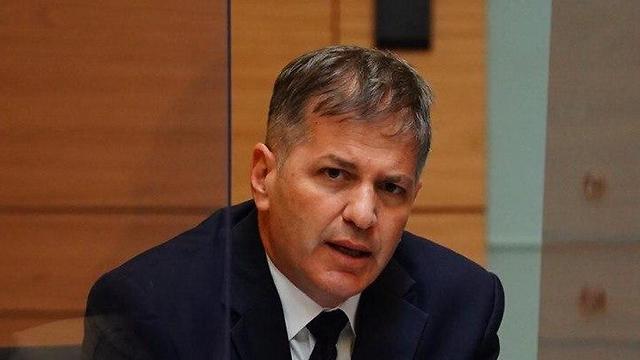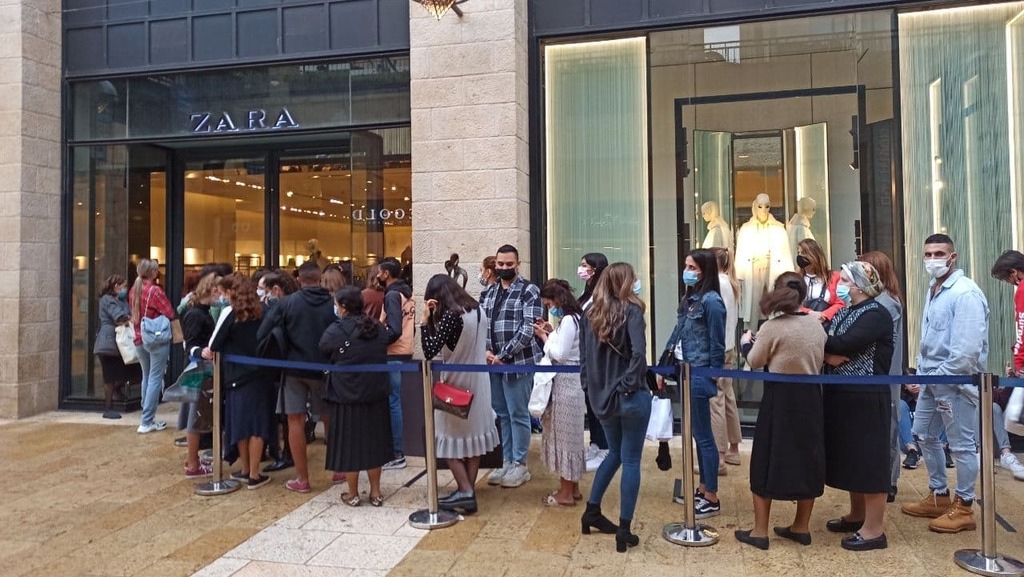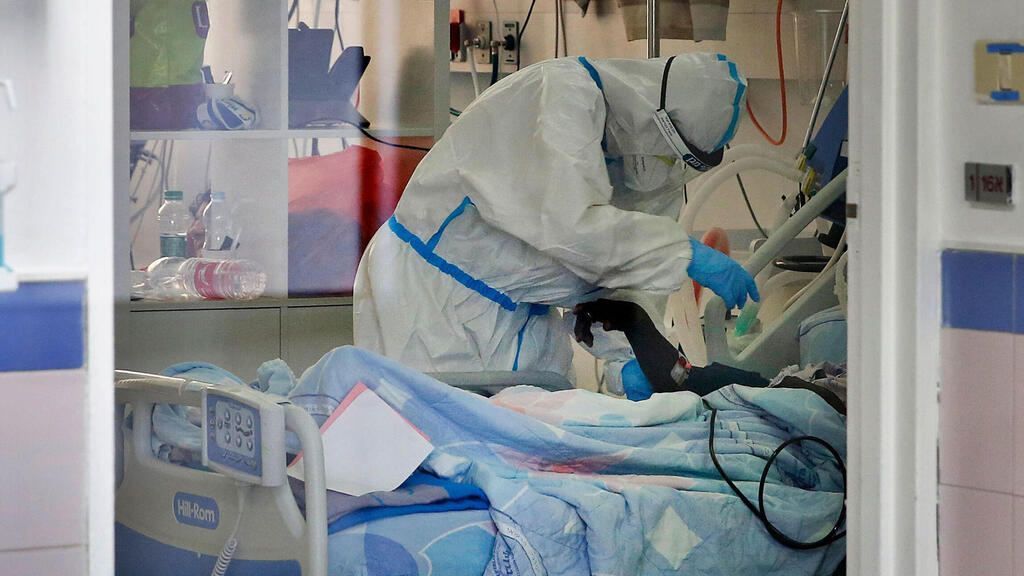Deputy Health Minister Yoav Kisch said on Wednesday that greater mitigation efforts, including a further suspension of commerce and other steps, were unavoidable after Israel recorded nearly 3,000 new coronavirus cases in the preceding 24 hours.
The Health Ministry said Wednesday morning that 2,862 new coronavirus cases had been confirmed the day before, the highest daily rise since Israel began steps to exit its second nationwide lockdown in October.
With a record 83,277 tests conducted Tuesday, the positivity rate was at 3.5%.
"We must take steps quickly," Kisch told Ynet, adding he hoped a full lockdown would not be required.
Kisch said that although the Health Ministry intended to advise the government to close down schools in red and orange cities, where there had been a surge in cases, officials now hoped to allow schools that conduct quick tests for their students and staff to remain open.
"This is a huge undertaking, but we are working to implement testing that will allow those who test negative to return to school," he said.
While the weekly average of new cases is evolving, Kishch said, there is no doubt that morbidity is increasing.
3 View gallery


Deputy Health Minister Yoav Kisch at the Knesset committee on the coronavirus
(Photo: Knesset spokesperson)
"We see it in the Arab sector, but not just there," he said. "There is also a rise in the ultra-Orthodox communities, and we will, unfortunately, not be able to avoid more mitigation measures."
Such steps, he warned, would include closing most businesses across the country.
"I understand the huge economic, social and educational cost," he said. "But ultimately we all understand that the quicker we take action, the more we can reduce the price we all pay."
3 View gallery


Shoppers line up to enter Jerusalem's Mamilla Mall as restrictions were partially lifted last month
(Photo: Haim Golditch)
On Tuesday, Finance Minister Israel Katz announced a government plan to support businesses and the large numbers of Israelis now out of work as a result of the pandemic.
But, said Kisch, "those plans are not good enough and certain areas and businesses must be helped more.
"The solution is within sight, with vaccines becoming available. I believe by March we will be able to determine whether enough people have been vaccinated and are immune to COVID-19 to lift most restrictions."
Even so, he said, measures must still be put in place in the interim.


